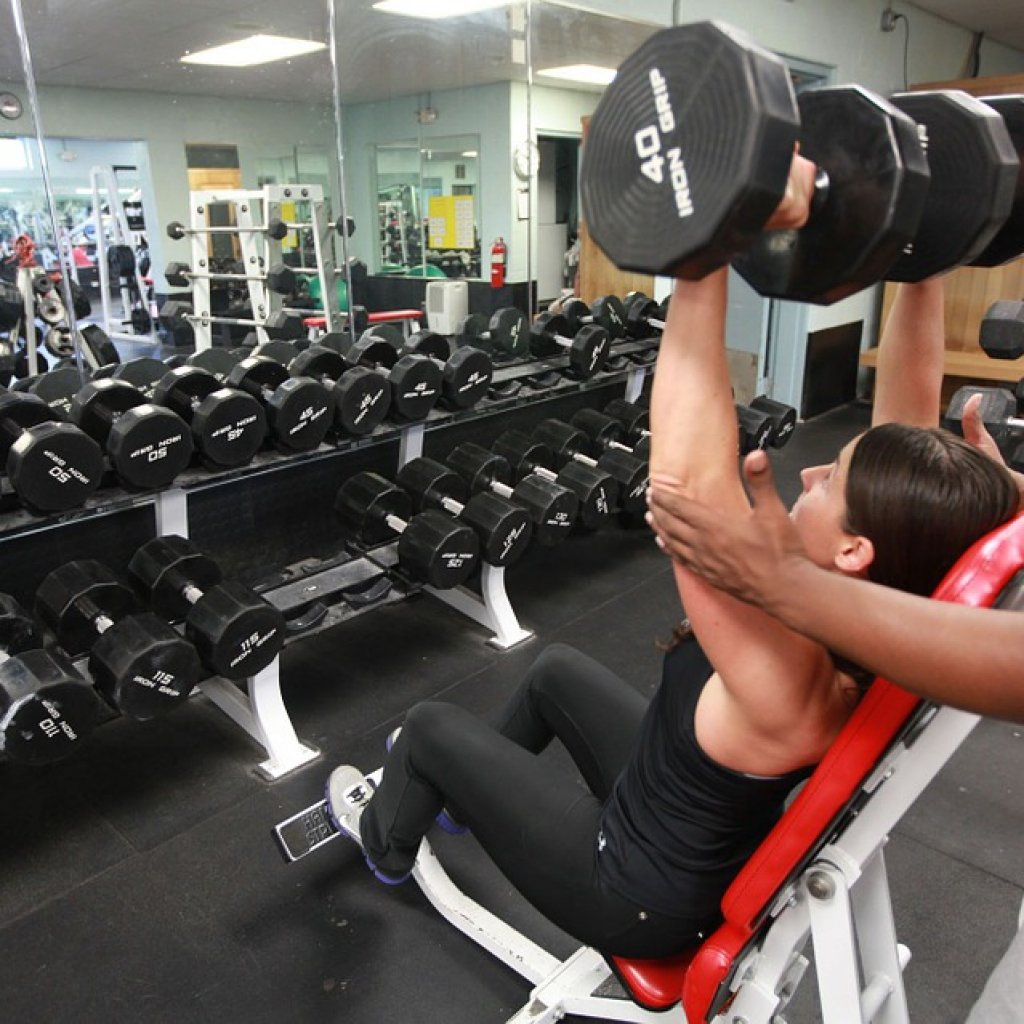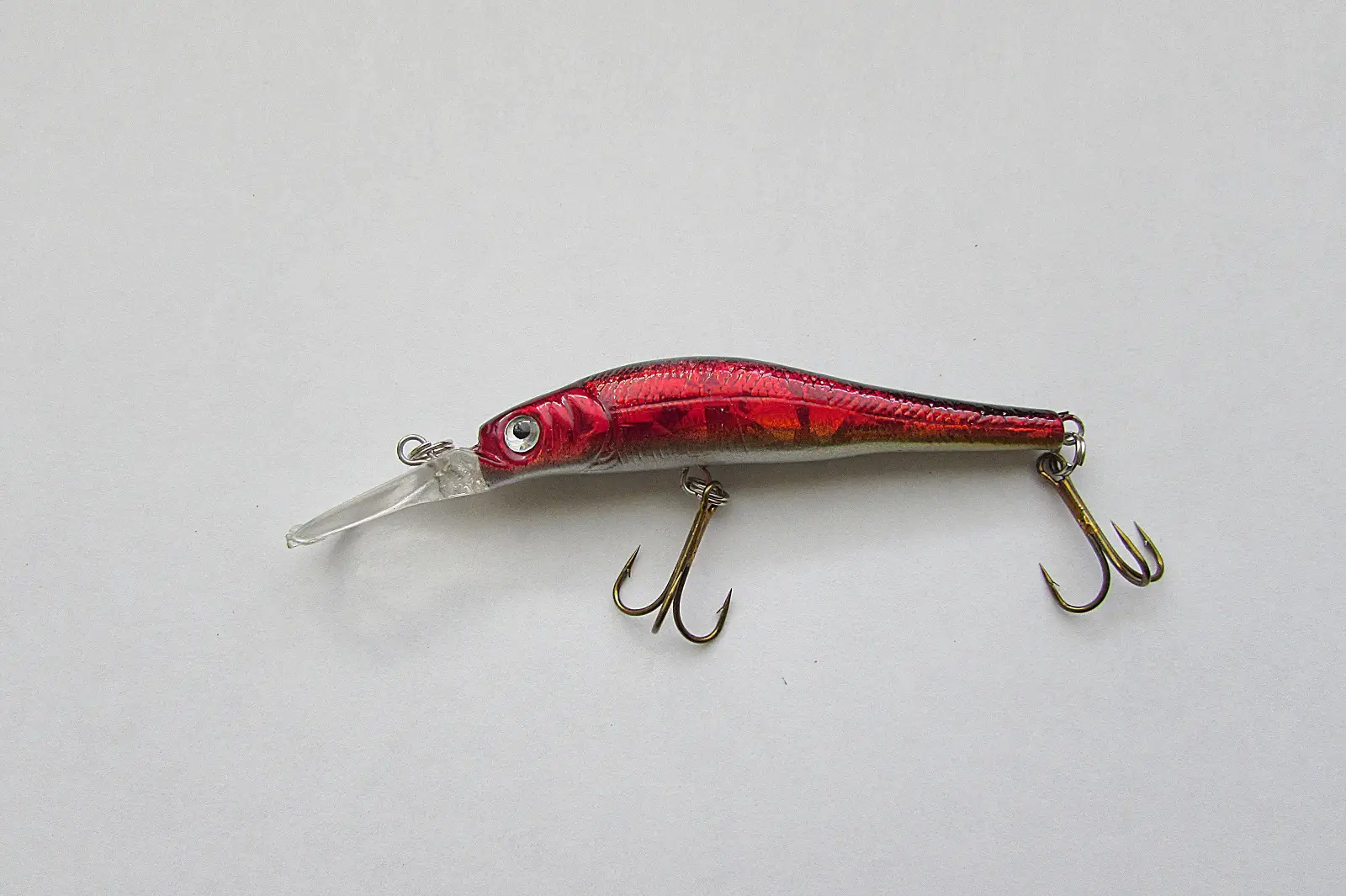Is Creatine Safe: All You Need to Know
 Is Creatine Safe: All You Need to Know
thegearhunt.com
Is Creatine Safe: All You Need to Know
thegearhunt.com
Creatine is said to be one of the most researched supplements in the world and one of the ones that cause the most debate at the same time. The supplement is used mostly by athletes, but it is said that more and more benefits of the supplement are coming to light every day. However, it seems that everyone and his brother has an opinion on whether creatine actually does have great health benefits or it is extremely dangerous for your body and not to be messed with. Creatine reached the height of its popularity in the 1990s and is now one of the most researched supplements in history. The question still remains, is it good for you or is it dangerous?
In this post, we are going to go into the world of sports and the use of creatine to determine for ourselves is this supplement is indeed safe by determining the health benefits, the most common side effects, the reasons that so many people swear by the supplement, and even a few myths that are circulating as well. So join us in our journey to determine if creatine is safe and a few other things you might want to know. Ready? Then, let’s get started on this journey together!
What is Creatine?
The first thing we need to discuss is exactly what creatine is. Creatine is made up of many different ingredients, some that are said to be good for you and some that are not. Creatine is said to boost energy and power, which explains why it is so popular with athletes everywhere. Studies now are showing, however, that creatine can be beneficial to everyone, not just athletes. Now, that we know in a nutshell what this supplement is, let’s get into the reason for this blog, to begin with, finding out whether it’s safe to use.
Benefits of Creatine
As previously stated, there are supposed to be many benefits to taking creatine. We will talk about the benefits first here, then move onto the dangers and side effects.
Produces More Energy in Muscle Cells
The biggest benefit for athletes who use creatine is that it produces more creatine energy in the muscle cells. The body produces about one percent of creatine in a day, with the supplement, you can expect to create one to 20 a day instead, give or take a few, and according to the diet you are on and how often you work out. Producing more creatine energy in the cells is especially important to athletes who compete in some events or train using weights or running sprints.
It Increases Power Output
Whether you’re an untrained athlete or an elite athlete, it is said that creatine increases your power output, period. It is also said that this increased power output works to help when jumping, increasing bike peak power, helps those with muscular dystrophy, helps with weight training, and helps with sprinting and getting to peak performance levels. This is partly why it’s so popular, but the fact that it increases strength levels seems to recommend it more than anything else.
It Increases Strength Levels
There are many, many studies out there that are said to prove how great creatine is at increasing strength levels, not only in athletes but the average Joe as well. It is even said that the strength benefits are even higher if you are a vegetarian and use creatine. For those who are into working out or athletes whose sports are based on strength training, then this is the right way to go for sure.
It’s Said to Boost Cognitive Performance in the Elderly
As we have mentioned a couple of times in this blog, it seems that creatine isn’t just good for sports athletes. It is said to be able to boost cognitive performance in the elderly 80 years and older as well. The studies showed that the elderly with cognitive performance issues scored higher on some of those tests than the ones that had no creatine in their system.
It’s Said to Help Increase Weight
While most of us are concerned with losing weight, there are athletes out there that are more concerned with increasing their weight instead. More importantly, creatine helps to increase weight without increasing the person’s fat mass. Simply put, creatine will not make you fat, but it will increase your cell hydration levels, which in turn will help you increase your weight in a healthy manner.
It’s Said to Increase Muscle Size
While very few people are excited to learn that creatine increases weight and water gain, they change their minds when it’s revealed that the supplement can increase muscle size, because who doesn’t want huge muscles right? However, the debate rages as to whether it increases muscle size directly or indirectly. The point is, it is said to work. This is extremely important if you are needing to increase your muscle growth or if you are an athlete where your muscles are extremely important and the bigger they are, the better it is.

It’s Said to Increase Hydration Levels
Some people have reported that creatine causing bloating and swelling, something that for most of us is a major no-no. However, athletes benefit from this because it increases their hydration levels, something that is extremely important in the sports world. It is looking more and more like the sports world is really benefiting from creatine.
It’s Said to Boost Testosterone Levels
One of the major benefits of creatine is that it is said to boost testosterone levels, something that every man should be happy about and willing to boost. With its low cost, it’s a wonder every male on the planet isn’t using this supplement.
It’s Said to Reduce Feelings of Depression
Now that we know the performance benefits of creatine, it’s time to move into what is said to be the health benefits. The first health benefit it is said to have is reducing the feelings of depression that many people have. It is said that creatine reduces symptoms of depression in many cases, including bipolar disease.
It’s Said to Help with Sleep Deprivation
Creatine is also said to have the health benefit of helping with sleep deprivation, something we all know can lead to depression, hallucinations, and even death if you aren’t careful. It helps athletes to be more alert when sleep-deprived. So, the next time you are sleep deprived, you can skip the mug of Joe and grab some creatine instead to help you stay awake.
These are just a few of the health and performance benefits that have been associated with taking the creatine supplement. There are a few more listed below to help you with your decision as to whether the supplement is good for you or not so much.
Other Benefits of Creatine Supplements
- Increases aerobic function and VO2 max
- Improves Cholesterol levels and reduces homocysteine markers
- Decreases oxidative stress, aids recovery
- Is said to have neuroprotective effects
- Has antioxidant effects
- Helps to deal with heat stress
- Boosts Glycogen storage and replenishment
- Is said to protect against muscle loss in the elderly
These are just a few of the health and performance benefits of using creatine, as an athlete and as your average Joe on the street. Next, we will move into the section of our blog that is devoted to the side effects of creatine.
Dangers and Side Effects Associated with the Creatine Supplement
While there are many benefits to taking creatine, there are said to be many side effects and dangers as well. Below you can find a few of these to research. If you are trying to decide whether to take creatine as a supplement or not, it is best to make an appointment with our primary health care provider first. Make sure to take into account the dangers and side effects below before coming to any final decision.
- Weight gain
- Muscle strains
- Muscle Pulls
- Diarrhea
- High blood pressure
- Muscle cramps
- Kidney damage
- Stomach upsets
- Dizziness
- Liver dysfunction
- Irregular heartbeat
There are also severe side effects that you need to look out for. If you notice these after taking a creatine supplement, you need to stop taking it right away and get help. These are listed below as well.
- Rapid heartbeat
- Dizziness
- Being extremely sleepy
- Weakness
- Confusion
- Seizures
- Fainting
- Being extremely dehydrated
These are some of the dangers and side effects that have been associated with taking the creatine supplement. It seems that the side effects and the health and performance benefits pretty much weigh in at about the same. However, there are some myths and facts that need to be looked at as well. We will go into these below.
Myths and Facts About Creatine Supplements Explained
As with any other product out there today, there are going to be myths created and put out there. So many in fact, that it gets to the point where you don’t know what is a myth and what is indeed fact. With that in mind, read on below with us as we go into the myths and facts about creatine supplements to be revealed.
Myth: It Causes Liver and Kidney Damage (Myth)
It is said that there have been many studies done on the creatine supplement and none of them have shown that long-term use of creatine causes liver or kidney damage. It is said that there is no concrete proof to the media stories that say the opposite. Your best bet, in this case, is to talk to your health care provider before deciding to use this supplement, just to get a professional medical opinion on the matter.
Myth: It Causes Cramping and Dehydration (Myth)
One of the most common concerns of this supplement is that it causes cramping and dehydration. While there have been reports from users of the product that they experienced cramping and dehydration, there are no studies to support this fact. That is why it’s so important to consult your primary care provider to see if you are indeed able to use this supplement safely.

Myth: It Leads to Gaining Weight (Fact)
Isn’t that the point of taking this supplement, to increase your weight? However, the claim that all weight gained with this supplement is water weight isn’t true either. While it is kind of the point that you want to increase your weight with this supplement, it isn’t a bad kind of weight gain, especially if you are in the sports field.
Myth: It Doesn’t Work for Everyone (Fact)
This myth is true, as of course, creatine isn’t going to work for everyone. It is important to note that your muscle makeup matters when it comes to this supplement. Also, just because it works well for one person doesn’t mean that it’s going to work well for another. That’s the way any supplement works, and creatine is no exception.
Myth: It is Possible to Take too Much Creatine (Fact)
It is not recommended that you take a ton of creatine in a day or even in a week. This supplement is meant to be just that, a supplement, and should be taken in moderation and according to the instructions on the package. If you aren’t sure how much you should be taking daily or even weekly, talk to your primary care provider, who should be able to help you determine how much is safe for your bodies needs, or if it is indeed safe for you to take the supplement at all.
These are just a few of the top myths and facts out there about creatine supplements that you need to be aware of. As always, the news on this supplement is positive when coming from some and negative when coming from others. The choice of whether to take the supplement or not is entirely up to the user.
This concludes our blog on creatine and whether it is indeed safe for use. The health and performance benefits, the side effects and dangers, and even the myths and facts seem to add up to the supplement being okay to use, for some people. As previously stated, it is best to get clearance from your doctor before you make the decision to take this supplement. Happy training, everyone!
Sources:
- Bodybuilding.com: 6 Side Effects of Creatine: Myths Debunked
- Alex Fergus: 19 Reasons Why You Need to Supplement with Creatine
- Men’s Health: Creatine Facts and Myths


















